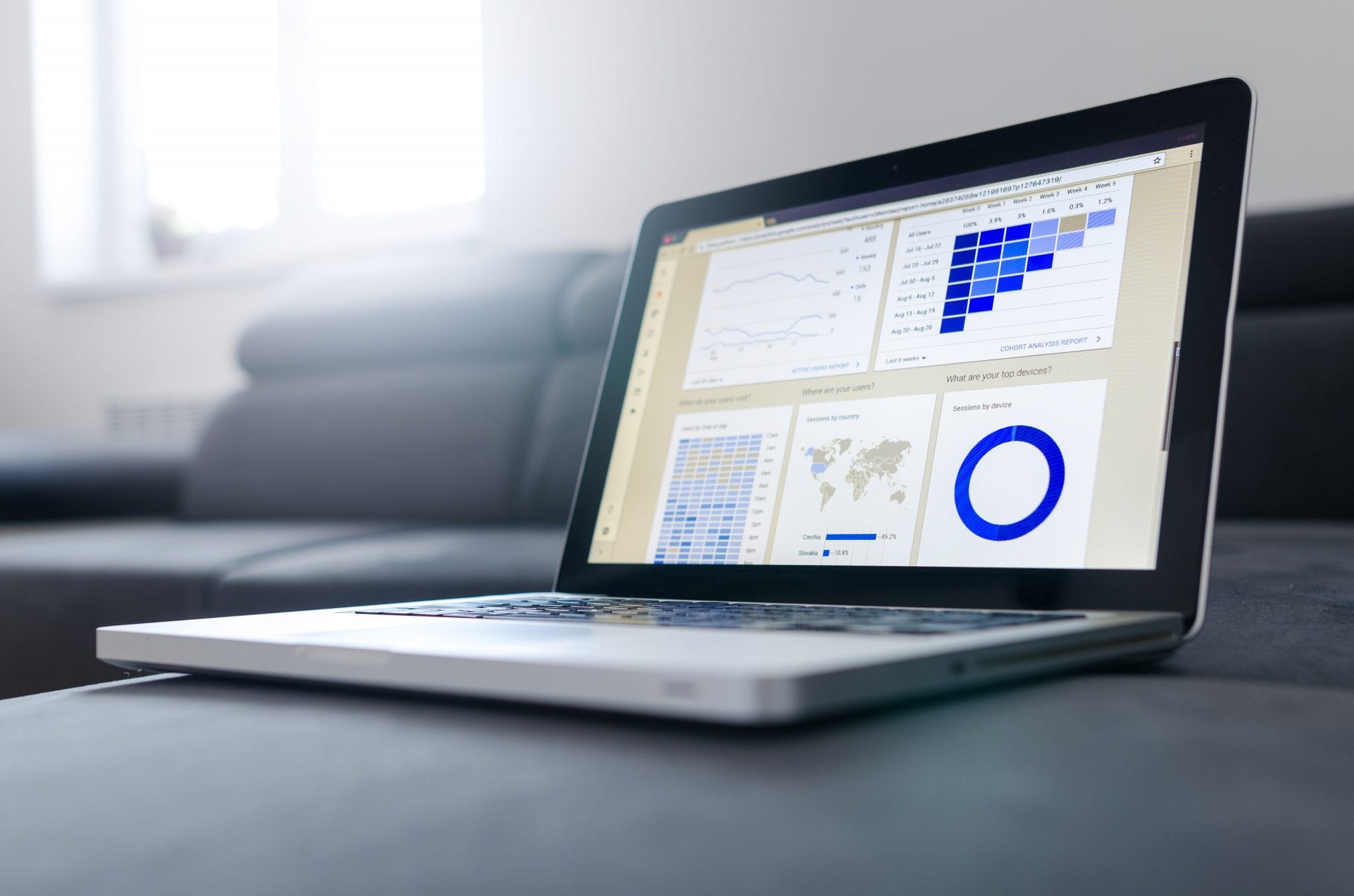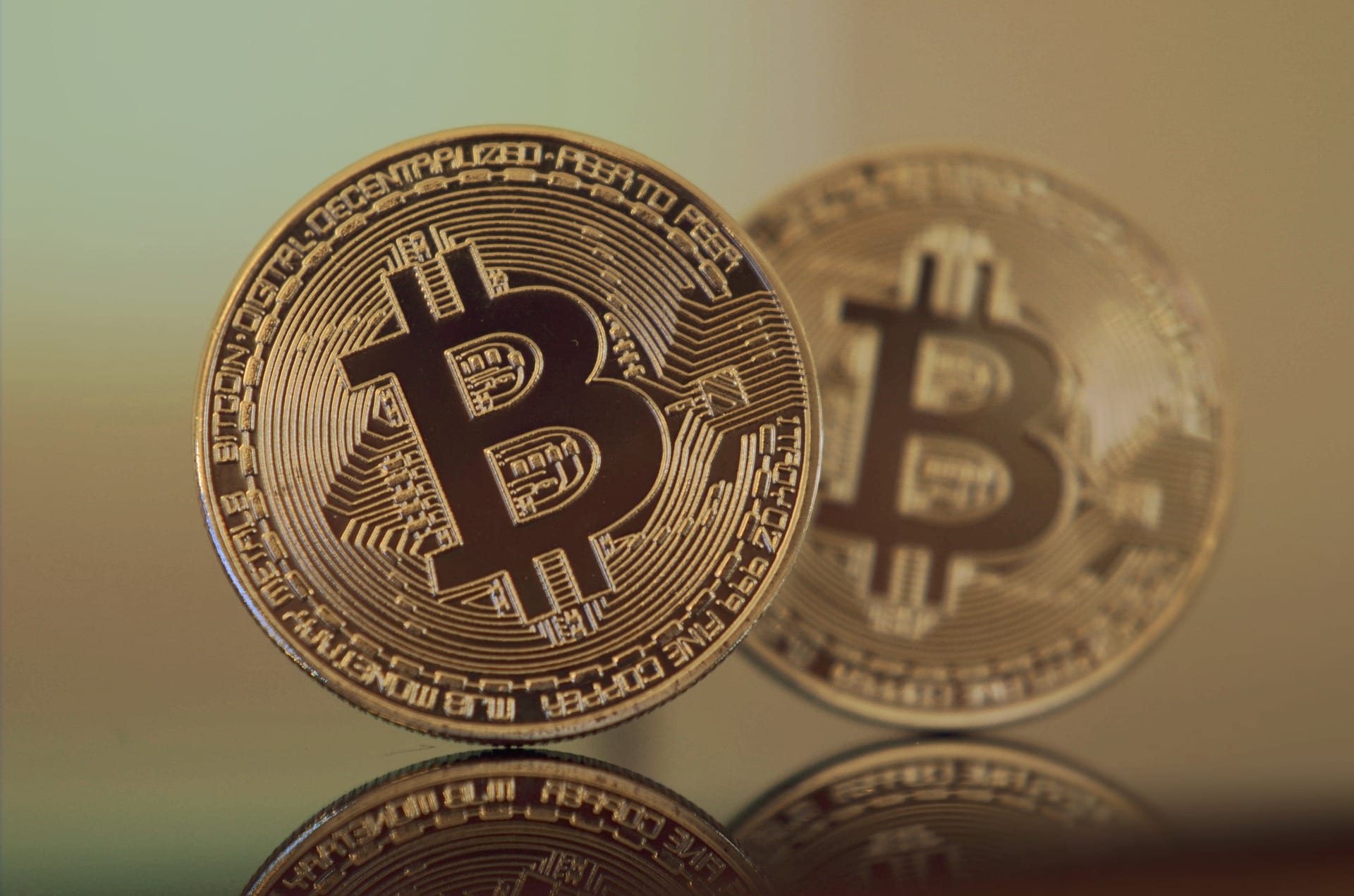On Episode 108 of The Edge of Innovation, we’re digging in our archives to bring back one of our most popular podcasts – “Big Data.” We’re talking about what it is and how it can help your business!

Hacking the Future of Business!

On Episode 108 of The Edge of Innovation, we’re digging in our archives to bring back one of our most popular podcasts – “Big Data.” We’re talking about what it is and how it can help your business!

On Episode 107 of The Edge of Innovation, we’re digging in our archives to bring back our most popular podcast – “Introduction to Cryptocurrency.”

On Episode 90 of The Edge of Innovation, we’re talking with SEO expert Jeremiah Smith. He’s Founder & CEO of Simple Tiger and he’s sharing his business and entrepreneurial advice with us!

On Episode 89 of The Edge of Innovation, we’re talking with SEO expert Jeremiah Smith. He’s answering the question “Is SEO always worth it?”

On Episode 88 of The Edge of Innovation, we’re talking with SEO expert Jeremiah Smith, about SEO and how to create good content for your business!